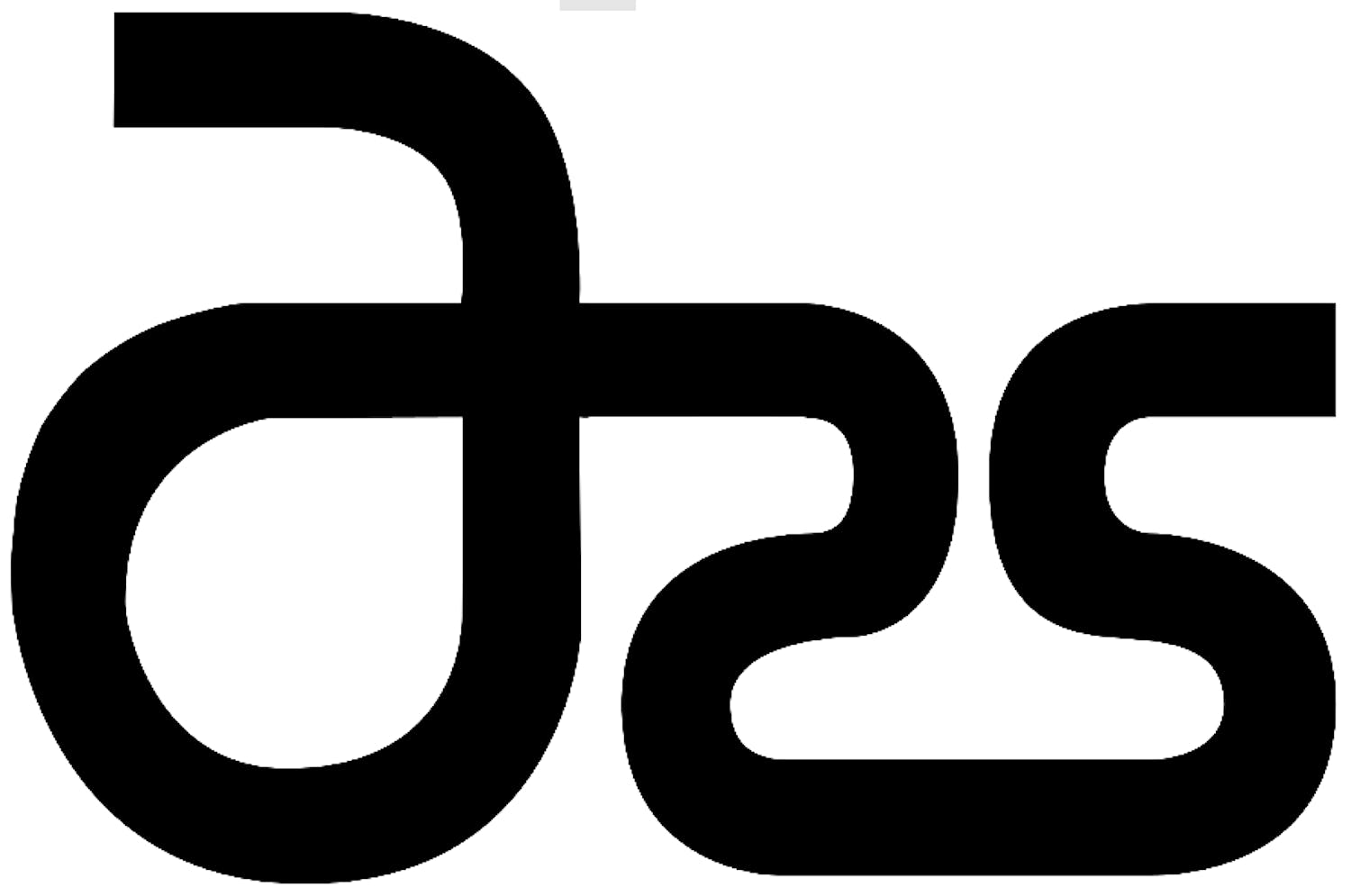
Agricultural Research Service: Assessing the Merits and Challenges of the Current Participating Agency Service Agreement
ARS, USAID, OIRP, PASA
The Agricultural Research Service (ARS) and the U.S Agency for International Development (USAID) partner with research institutions in foreign countries through a reimbursable Participating Agency Service Agreement (PASA), managed by ARS’ Office of International Research Programs (OIRP). ARS supports USAID by providing scientists and technical experts for posting within USAID and supports their administration. In addition, the PASA allows USAID and ARS to develop cooperative activities of mutual interest which are implemented in partnership with research institutions in developing countries. USAID benefits from the PASA by having access to a vast pool of quality scientific and technical resources to implement U.S. development assistance. USAID can benefit from ARS’ role as a mission-driven agency that can focus on challenges for many years to a successful conclusion. ARS scientists benefit from the PASA by having non-competitive funding available for specific projects that provide international opportunities to test hypotheses, collaborate and enhance aspects of their domestic research projects. U.S. agriculture ultimately benefits from these international collaborations.
Click the button below to view the Final White Paper.
Final White PaperProject Description
The National Academy of Public Administration (the Academy) will assess the merits and challenges of the current PASA between ARS and USAID with the goal of supporting an arrangement that provides value to ARS as well as USAID. The assessment includes both a qualitative and quantitative assessments of the value of the PASA to ARS.
The assessment will rely upon interviews of ARS officials and staff members, review of budgetary and related financial information, analysis of available data, and discussions with other stakeholders and experts.
The Academy will conduct the work over a period of six months under the guidance of an Expert Advisory Group (EAG) of Academy Fellows.
